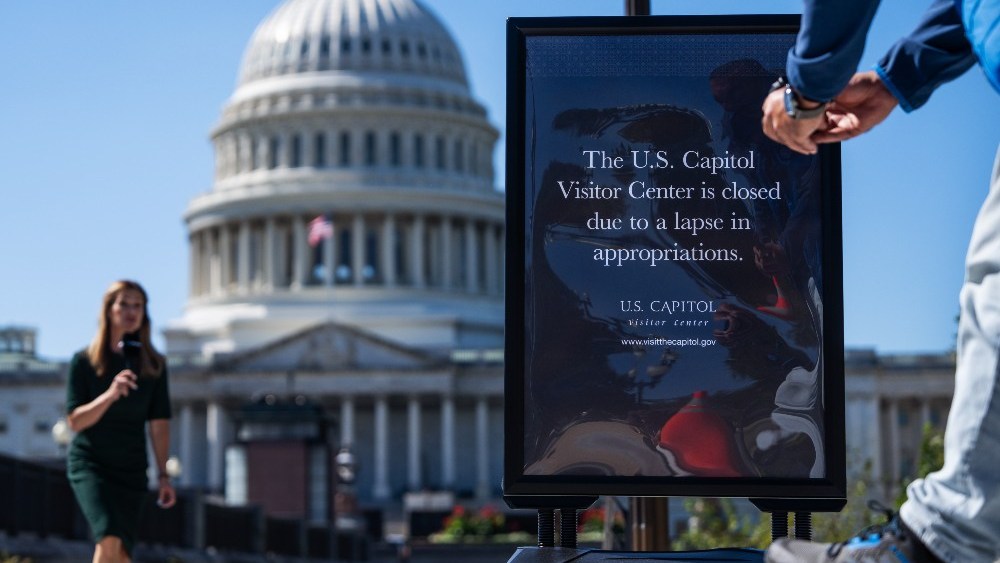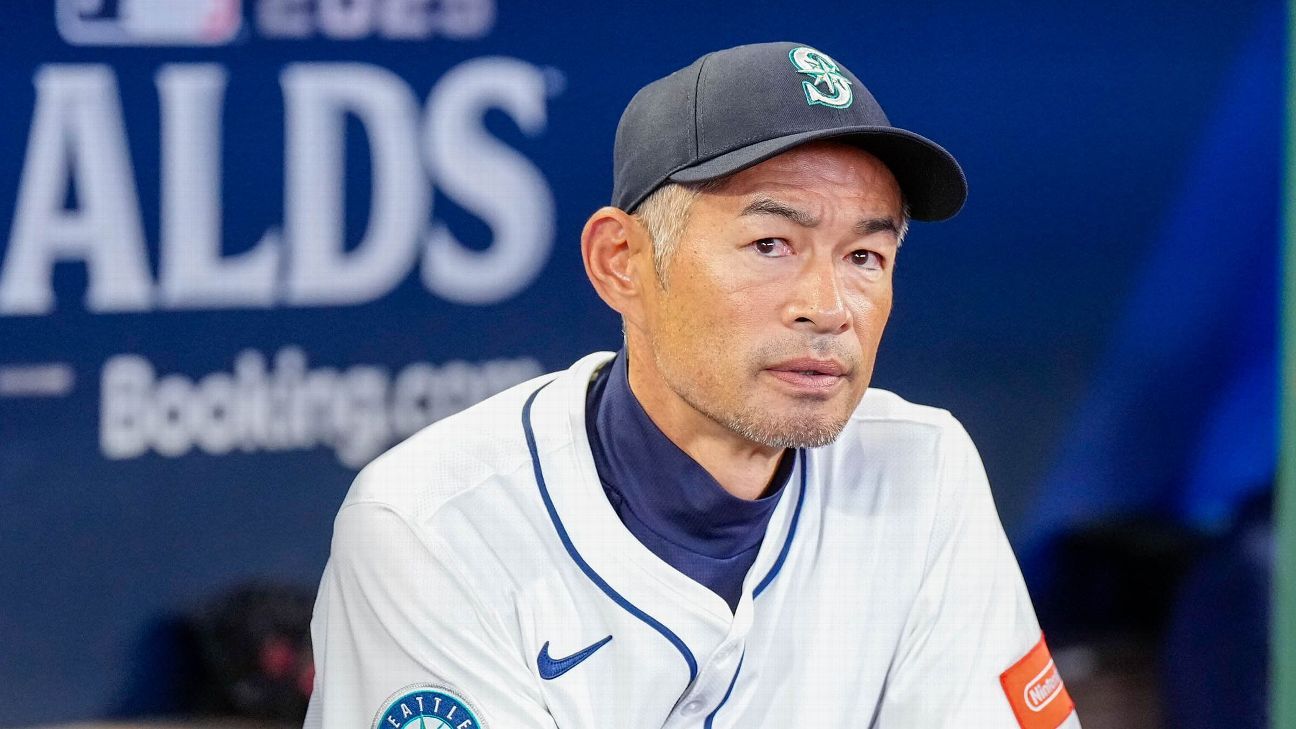
The normally gridlocked traffic in the nation’s capital was notably lighter on Wednesday morning.
Stalled Senate negotiations on federal funding prompted a government shutdown that took effect at midnight, with lawmakers from both parties unable to reach a consensus about Affordable Care Act subsidies, a Democratic imperative. Now, the lights are off across Washington, with no end to the détente in sight.
The shutdown comes at a critical moment for the nation. The Trump administration’s revised “reciprocal” tariff rates, announced in late July, have been in effect for just under two months. Congressional challenges to the president’s authority are now on hold.
What’s more, two critical trade preference programs — the Africa Growth and Opportunity Act (AGOA) and Haiti HOPE-HELP — lapsed on Tuesday without renewals. Nearly a quarter-century old, AGOA provided 32 sub-Saharan African countries with duty-free access to the American market for 1,800 different product categories. Now, apparel-producing countries like Lesotho and Kenya will be subject to double-digit duties.
Haiti, still steeped in conflict due to ongoing gang violence in its capital, Port-au-Prince, has also lost access to a critical lifeline for its domestic industry. The HOPE and HELP programs granted Haitian apparel and textile producers duty-free access on imports to the U.S. for more than 15 years.
While both programs enjoyed bipartisan support, the deadline for a renewal or extension passed without action from Congress. Now, with the federal government out of commission, a retroactive renewal will face unnecessary delays, according to the American Apparel and Footwear Association (AAFA).
“We are frustrated by the failure to act on these long-standing, bipartisan trade preference programs that clearly benefit local garment industries abroad as well as made-in-America cotton and textile exporters, American brands, and the 3.6 million American workers directly supported by the fashion industry,” said Beth Hughes, the group’s vice president of trade and customs.
“Despite persistent and constructive engagement from a wide range of stakeholders, Congress has fallen short in renewing these mutually beneficial programs, ultimately surrendering further strength to China’s manufacturing influence by placing unnecessary obstacles in the way of viable sourcing alternatives,” she added.
A White House source said earlier this week, before AGOA’s expiration, that President Donald Trump supports a one-year extension of the program. But it’s up to Congress, not the commander-in-chief, to make that happen.
Matt Priest, president and CEO of the Footwear Distributors and Retailers of America (FDRA) told WWD’s sibling publication Sourcing Journal it was “heartening” to hear that the president supports a retroactive renewal of AGOA, and that his approval could send a critical signal to congressional Republicans to take up the matter when the shutdown ends.
“We’re in this environment where you’re not surprised when these things happen,” he added. “Does this administration hold to the trade philosophy that preference programs are important ‘soft power’ tools or ways for us to build alliances economically? I’m not necessarily sure.”
AGOA, specifically, has become a success because of its longevity, allowing investors in the region to build out infrastructure and capacity over time. “As a 10-year program, it thrives on certainty and lasting duration that provides confidence in the sourcing landscape. But right now, we don’t have any confidence in any of the sourcing landscape, no matter where we’re sourcing from.”
With many trade negotiations still up in the air, Trump has reportedly put safeguards in place to inoculate his personal trade objectives against the impacts of the shutdown. Certain agencies and employees engaged in tariff negotiations have been deemed essential, or their activities relegated to approved funding mechanisms, to keep them working while the shutdown persists, Politico wrote.
A document released by the Office of the U.S. Trade Representative (USTR) said that none of the agency’s 237 employees would be furloughed during the shutdown.
“During a government shutdown, USTR will continue to perform functions necessary to the discharge of the President’s constitutional duty and power to conduct foreign relations,” the memo said. The agency continues to advise the president on his International Emergency Economic Powers Act (IEEPA) tariffs and to negotiate on his behalf with trade partners. “As described by the President in various executive orders dating back to April 2, failure to continue these negotiations would jeopardize the economic and national security of the United States,” it added.
Priest said he’s eager to see a deal between Beijing and Washington take shape before the three-month trade truce comes to an end in early November. “We’re in this moment where we have this pause and it’s creating an opportunity for both countries to negotiate on these more specific issues or irritants,” he said, noting that the sale of TikTok has been a prevailing part of the conversation between the negotiators.
“As long as [the talks] continue, I feel as if both sides are prepared to create another extension. My hope it would be a deal that lowers these tariffs, but if not that, we have another at least 90-day extension for certainty take us into the new year,” he added.
In the near-term, Priest does not believe the shutdown will bring the “critical functions” of government — like customs — to a halt.
“I do think there’s a broader concern about the impact in the economy — how long [the shutdown] goes on, and whether it will impact consumers in some form or fashion, or make them uncertain, particularly when consumer confidence is declining,” he said. “That’s top of mind for us.”
#Government #Shutdown #Raises #Questions #Status #U.S #Trade #Deals






